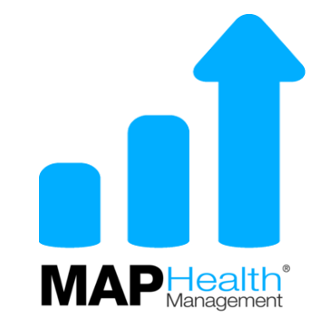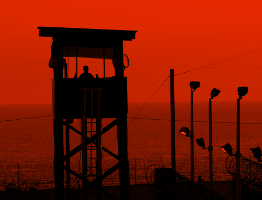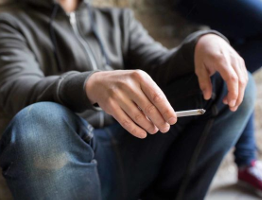We Need to Change How We Treat Addiction
October 13, 2015 Marybeth Cichocki

On Oct. 4, thousands of Americans gathered at the National Mall in DC to raise awareness of the epidemic of substance abuse that is devastating American families. Presidential candidates Hillary Clinton and Carly Fiorina have raised the issue in their campaigns, and last week Dr. Oz came to Washington to testify on opioid abuse. The speeches and news coverage came too late for my family. My son lost his battle with addiction in January. In contrast to the common perception of addicts, he wasn’t weak or simply lacking in will power. Matt suffered from a chronic, debilitating disease that impacts approximately 85 million Americans. Our healthcare system was ill-equipped to provide for his treatment or cover the care he needed, and our nation has yet to fully recognize the urgent need to expand access to care for addicts like him and provide outcomes-based treatment models that can save lives.
Today, only 11 percent of people who seek treatment for addiction actually receive it, according to estimates from the Substance Abuse and Mental Health Services Administration. Matt never got the care he needed, and I was forced to manage his detox on my own at home, as he scratched away non-existent bugs from his arms, shook and vomited for hours. There are countless ways our current system fails addicts and families, ranging from lack of available bed space in treatment facilities to the shortage of trained specialists to the denial of coverage by insurers and the high out of pocket costs families are expected to pay. A March 2014 survey by the National Association of Addiction Treatment Providers (NAATP) found that 63 percent of insurance denials are the result of insurers’ definitions of “medically necessary†treatment. At the same time, the treatment days actually covered by insurance is in decline—causing addicts to leave care half way through treatment when their coverage ends or incur tens of thousands of dollars in expense.
While the candidates advocate policies to move addicts from jail cells to treatment facilities, we must recognize the complex state of the current addiction care crisis. The demand for treatment has already outstripped the supply of treatment providers and facilities. And, even with the addition of new dollars into the system, many providers and programs are using unproven, non-scientific approaches to care that are landing addicts back into relapse. A 2012 report by the National Center on Addiction and Substance Abuse at Columbia University found that “only a small fraction of individuals receive interventions or treatments consistent with scientific knowledge about what works.†With 40 to 60 percent of substance abuse users relapsing after treatment, according to the National Institute on Drug Abuse, it’s clear that our country needs not just to expand access to recovery programs – but to improve measurable outcomes.
Even when families have the resources to cover treatment, they still face the burden of identifying one of the minority of programs using science to guide treatment and demonstrate success. Loved ones find themselves “Googling†for care. This isn’t the way to fight a chronic disease and all the unique aspects of each addict’s disease (or illness). Early signs of alcoholism in an underage child aren’t the same as 10 years of heroin addiction in a 30-year old. After Matt passed away, I learned what the future should look like. The MAP Recovery Network, based in Austin, Texas, interviews addicts or their families at no cost and connects them with reputable recovery programs that match their profile. They use a science-based, data driven approach to improve outcomes.
Like thousands of other mothers around this country, I am struggling to pick up the pieces after losing a child to addiction. The UNITE rally is just one more reminder that our citizens have had enough. Addicts and their families deserve better, and it’s time to give them a fighting chance.
Marybeth Cichocki is a registered nurse living in the state of Delaware. Her son died from an overdose of prescription drugs in January 2015. Following his death, she devotes her time to raising awareness of substance use. She writes a blog called mothersheartbreak.com telling the story of her battle during her son’s addiction.








